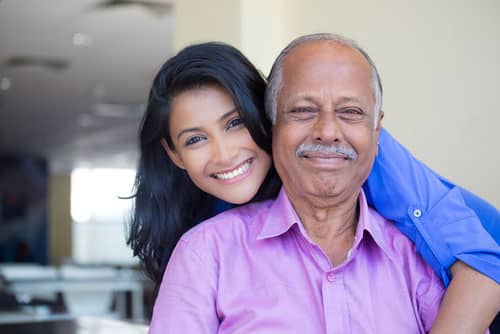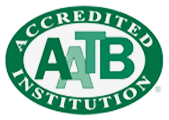
The Ins and Outs of Registering An Incapacitated Individual for Whole Body Donation
End of life discussions and planning can be overwhelming regardless of who is involved or how it is managed. From decisions about what will happen to your body after death, what memorial arrangements you want or selecting the right, legal next of kin – there are plenty of factors to decide on.
What happens though when the individual is no longer capable of making decisions? This is when the legal next of kin or power of attorney would come into play. This previously decided on, individual can make decisions about treatment, arrangement and after death plans in place of the incapacitated individual. It is important for the decision maker to know the basics such as:
- The nature of the illness of the individual
- The purpose of treatment
- The risks and advantages to treatments
- Long-term planning such as housing (at home, in hospital, hospice, nursing home)
- The end of life wishes of the individual
The most important thing the next of kin can do is to HONOR the wishes of the individual who does not have capacity to make decisions to the best of their ability. While some things are unforeseen and out of their hands, knowing exactly what they want out of the remainder of their life and after death is a crucial part in being the legal next of kin.
The Convenience of Pre-Registration
Now, if you know that your loved one wants to choose whole body donation there are two options. Pre-registration is always best and if able should be completed before death. This can be done by the individual themselves or their legal authorizing agent, but individuals also can register after death.
Regardless of who is applying, pre-registration for whole body donation can be completed by filling out the qualification questionnaire and the registration packet. There will also be decisions made such as how the individual wishes their body to be used for whole body donation and what to do with the cremated ashes. When done at the earliest convenience, pre-registration also gives the organization time to answer any outstanding questions or concerns and be able to honor all end of life requests and wishes.

Next of Kin vs Power of Attorney
Just because someone has a good relationship with the passing individual, does not mean that they are automatically your next of kin or power of attorney. First, it needs to be decided which is appropriate for the situation at hand.
Let us start with next of kin, this is typically your closest relationship by marriage or blood meaning either your spouse or your child and is typically named by the passing individual in their medical paperwork or pre-planning for burials, cremations, donations, and other end of life arrangements but there are a few requirements. Next of kin needs to be at least 18 years old and deemed mentally competent to make decisions in place of the individual and can be a:
- Spouse
- Children (stepchildren included)
- Parents (stepparents included)
- Siblings (half or step siblings included)
- Legal Guardian
- Grandchildren/Great Grandchildren (half or step grandchildren included)
- Nephew (grandnephew included)
- Niece (grandniece included)
- Grandparents
- Uncle
- Aunt
- First/Second Cousins
- A Legally Appointed Trustee
Some states will include close friends but check for your states requirements and restrictions when selecting next of kin. Typically, next of kin is a relationship designation, but power of attorney is a legal designation and any adult can be chosen to be an individual’s POA. Another difference is that naming someone as your POA does not mean that necessarily can act on your designation, but common reasons people choose POA include:
- Ensure someone has the authority to make end of life decisions and honor an individual’s wishes
- Authorize someone to assist with personal finance management
- Have someone who will talk to medical providers on an individual’s behalf
- Designate someone to make all legal decisions
Registration After Death
If a legal next of kin and POA is declared but the individual planned for but never registered for whole body donation, they can step in and register them after death. While this process is a little different from pre-registration, they are the same.
The legal next of kin will first contact the organization to report the death. Just like pre-registration they will then complete the qualification questionnaire and authorization packet. Then the body will be transported to the organization’s facility.
After the body is received, the organization will reach out to the legal next of kin or POA for any additional information that is missing or any additional forms that may be needed. It is important to remember what your state requires for death. For example, Arizona needs a Death Registration Worksheet while California can confirm the death certificate information via phone.
Finally, the body is processed in the organization’s facility and cremated remains will be returned within 4-6 weeks to the legal next of kin or POA. If you do not want the remains, our organization personally offers options such as burials at sea or simply a no return option.

If your loved one or yourself is ready to pre-register with Research For Life, click here to begin the process. Do not hesitate to ask any questions or bring up any concerns. We appreciate your decision to donate a gift to the medical and research fields for generations to come.



